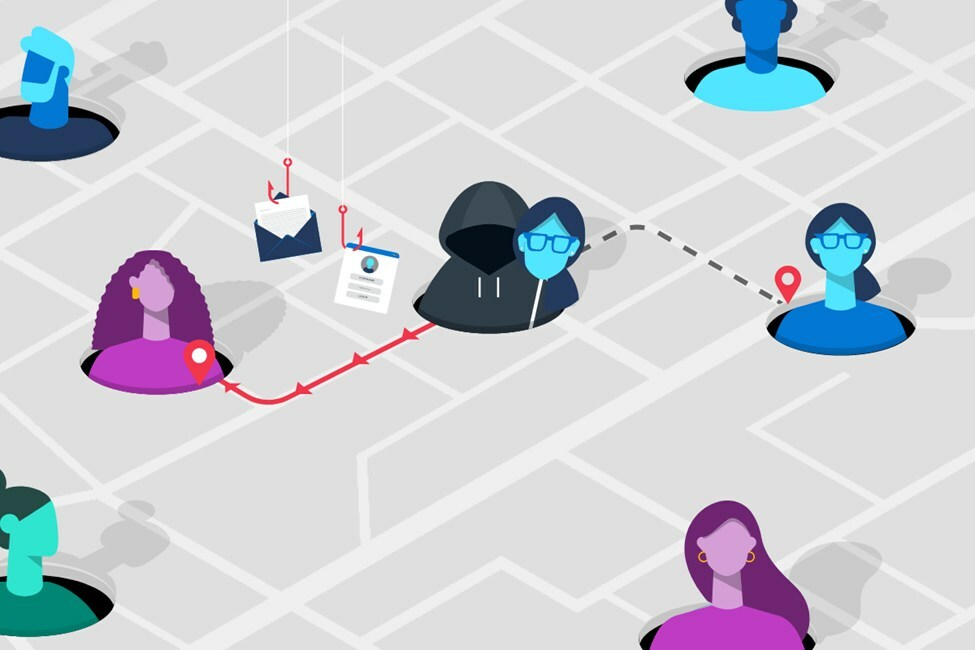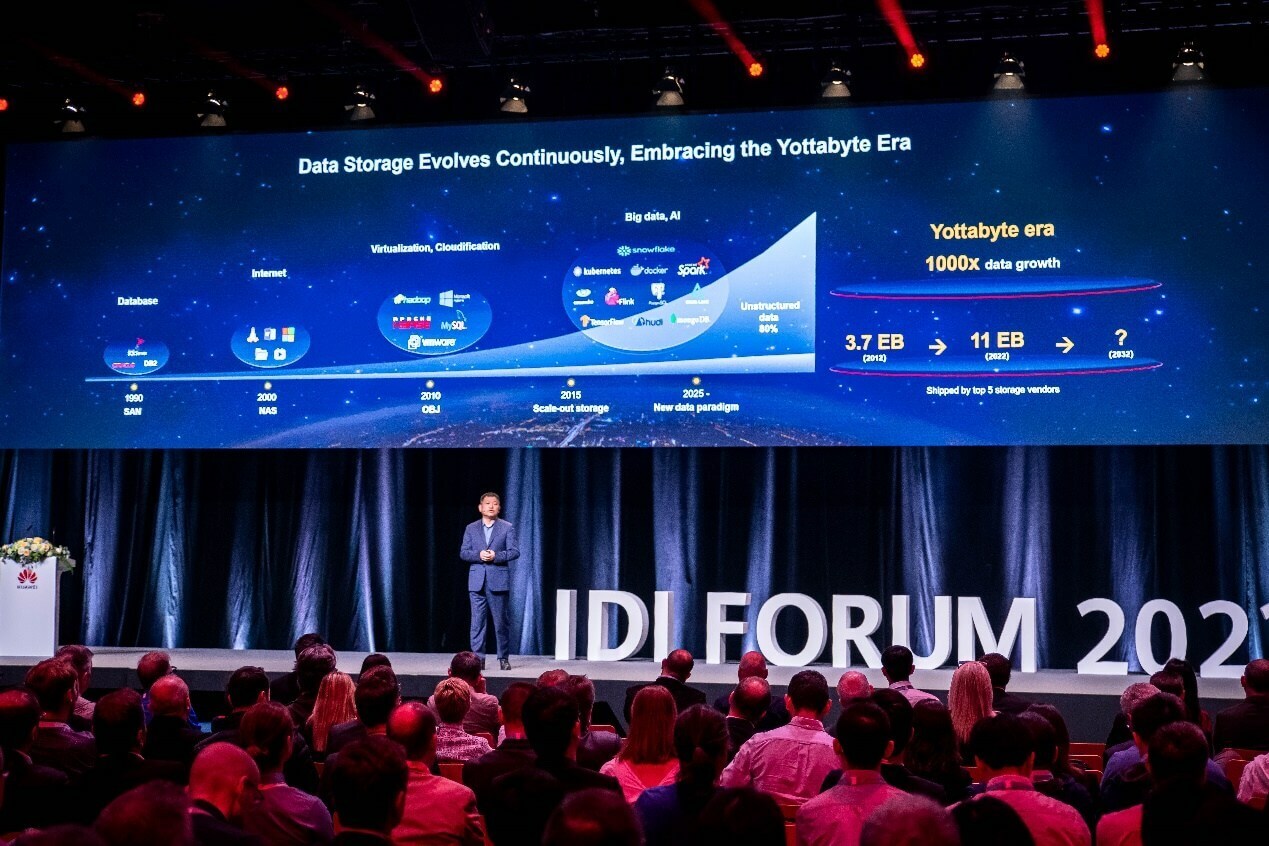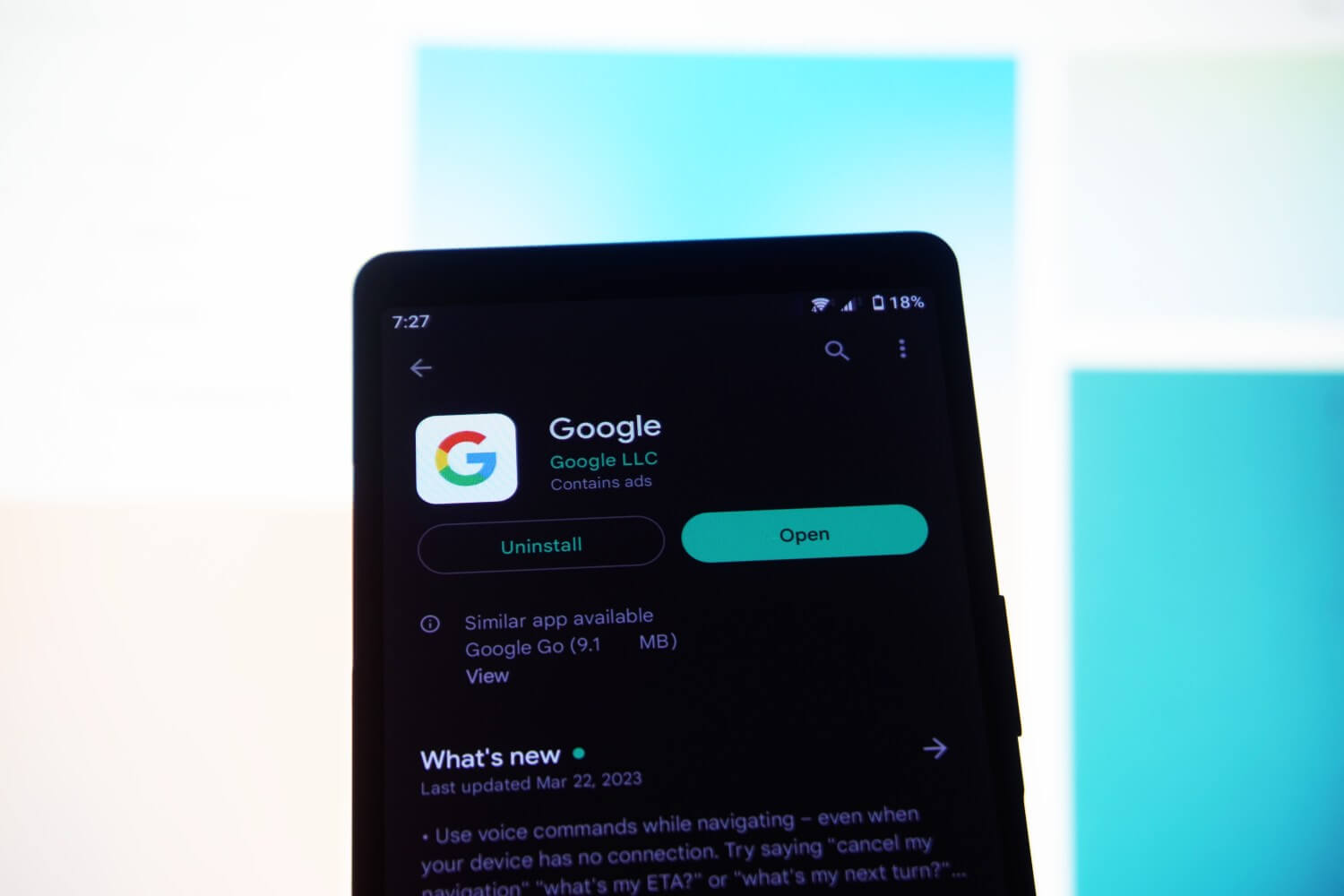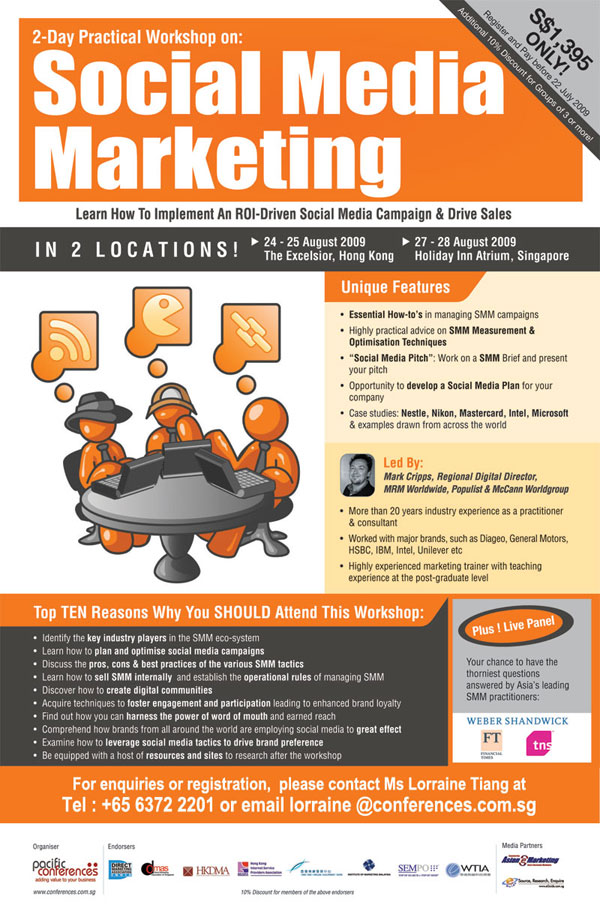- You are here:
-
Home

-
Asian e-Marketing

-
July - August 2009

- Social Networks and their Impact on Google’s Algorithm
-

IBM report: half of breached organizations unwilling to increase security spend despite soaring breach costs
IBM released its annual Cost of a Data Breach Report, showing the global average cost of a data breach reached $4.45 million in 2023 – an all-time high for the report and a 15% increase over the last 3 years. Detection and escalation costs jumped 42% over this same time frame, representing the highest portion of breach costs, and indicating a shift towards more complex breach investigations.
-

Bilateral 5G roaming agreements will push global losses to $8 billion by 2028
A new study from Juniper Research has found losses from global roaming fraud are anticipated to exceed $8 billion by 2028, driven by the increase in bilateral roaming agreements for data-intensive use cases over 5G networks. In turn, it predicts fraudulent data traffic will account for 80% of global operator roaming-based losses by 2024.
-

Mutual exchange of threat intelligence and security innovations bolsters Singapore’s cyber resilience
Google and the Cyber Security Agency of Singapore (CSA) announced a strategic collaboration to bolster Singapore’s cyber resilience. This partnership covers four key pillars: threat intelligence sharing, joint operations, technical collaboration, and ecosystem development.
-

API Security Company Neosec acquired by Akamai Technologies
Akamai Technologies, Inc. announced entering into a definitive agreement to acquire Neosec, an API detection and response platform based on data and behavioral analytics.
-

Mindful Employer Branding Key to Successful Staff, HR Recruitment
In modern society, building an inclusive employer brand should be considered mission critical for businesses large and small. The most successful companies are the ones that see challenges and opportunities from many different angles, and having a diverse employee population allows you to do just that. An inclusive employer brand lets you engage, recruit, and hire a wonderful spectrum of people who can bring their varied backgrounds to bear for your business. Simply put, building an inclusive employer brand brings a diverse set of experiences and perspectives to the table, which in turn allows your company to be smarter, more thoughtful, and ultimately more successful.
-

How AI will change the way we work in Asia Pacific
Microsoft introduced Microsoft 365 Copilot earlier this year, which will bring powerful new generative AI capabilities to apps millions of people use every day like Microsoft Word, Excel, PowerPoint, Outlook, Microsoft Teams and more.
-

Comprehensive protection measures a must to prevent data leaks and theft
Remote work, home office or hybrid work, have become the norm in today's business world and that most likely will stay that way. But the more employees work remotely, the greater the company's risk of falling victim to a cyberattack, making a sophisticated and multi-layered security concept the more essential for any company.
-

Pirate streaming and torrent sites provide real cybersecurity harms for Philippine consumers
Asia Video Industry Association (AVIA), with Dr Paul Watters of Cyberstronomy, have released a new report, Consumer Risks from Piracy in the Philippines, that once again highlights the possible dangers Filipino consumers face when accessing pirate sites.
-

Annual report reveals continued surge in sophisticated bot attacks
HUMAN Security, Inc., a cybersecurity company that protects organizations by disrupting digital fraud and abuse, just announced the release of its 2023 Enterprise Bot Fraud Benchmark Report. The annual report provides insights into automated attack trends across enterprise use cases, including account takeover, brute forcing, carding, credential stuffing, inventory hoarding, scalping and web scraping.
-

Content Remains King in the Future of Video in India
The Asia Video Industry Association’s (AVIA) Future of Video India conference opened to a full house with a keynote conversation with Shri Apurva Chandra, Secretary, Ministry of Information and Broadcasting (MIB). Secretary Chandra stated that with OTT (over-the-top), Indian content has become more accessible and more acceptable to a global audience. “Quality of content has always been very good in India, but now it is easier for Indian content to travel across the world. OTT has helped it in a big way,” said Chandra. He also reiterated the need for OTT to continue with a soft touch approach, as the three tier self-regulatory system has been working well. While there were concerns that light touch regulation has led to less desirable content, he remained of the view that the industry needed to be more self-aware so that the government need not step in. Chandra also shared that a National Broadcasting Policy has been in the works, as the industry was becoming more fragmented. However, this would take time in order to balance the conflicting interests of all the disparate parties.
-

Microsoft Cyber Signals report highlights spike in cybercriminal activity around business email compromise
Microsoft has released its fourth edition of Cyber Signals, highlighting a surge in cybercriminal activity around business email compromise (BEC), the common tactics employed by BEC operators, and how enterprises can defend against these attacks.
-

New Apps, New Data, and New Resilience: Huawei Proposes Ways of Evolving Storage in the Yottabyte Era
The Innovative Data Infrastructure Forum (IDI Forum) 2023, revolving around the theme of "New Apps ∙ New Data ∙ New Resilience," took place on May 23 in Munich, Germany. The Forum brings together global industry experts and partners to explore the future of digital infrastructure towards the yottabyte era (a yottabyte is equal to a quadrillion gigabytes).
-

Revealed: The most creatively effective digital & TV ads in Southeast Asia
The marketing data and analytics company, Kantar, revealed the winners of the 2023 Creative Effectiveness Awards in Southeast Asia, recognizing the most impactful ads of last year.
-

EdTech Intel: 6 Ways AI is Revolutionizing Online Learning
After years of steadily picking up steam, online learning is experiencing undeniable explosive growth. The market is racing toward $1 trillion, with the corporate e-learning space expected to skyrocket 250% in the coming years. As e-learning continues to expand beyond the walls of academia, another game-changing phenomenon is going mainstream in a big way: artificial intelligence (AI).






















 A cornerstone of Google’s algorithm is its reliance on links between websites. Google uses these links to mainly discover new websites and web pages as well as figure out whether your website is a trustworthy source of information by analyzing who links to you and how many websites have linked to your web pages
A cornerstone of Google’s algorithm is its reliance on links between websites. Google uses these links to mainly discover new websites and web pages as well as figure out whether your website is a trustworthy source of information by analyzing who links to you and how many websites have linked to your web pages 



































